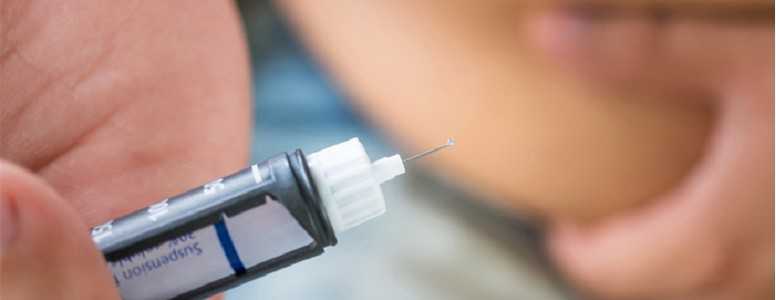Novo Nordisk’s insulin Tresiba is set to receive an update to its label in Europe to reflect updated data on its ability to prevent hypoglycemia.
The recent DEVOTE study found that Tresiba reduced hypoglycemia by 40 per cent compared to Lantus, a Sanofi drug, in people who have type 2 diabetes.
The findings were consistent with previous trials investigating the two insulins, and this hypo prevention data will now be added to Tresiba’s label by Europe’s Committee for Medicinal Products for Human Use (CHMP).
Tresiba, injected once daily to provide flexible control over blood sugar levels, is available on the NHS in England, Wales and Scotland. It is suitable for people with type 1 diabetes and type 2 diabetes.
Novo Nordisk is seeking to establish Tresiba as its signature long-acting insulin, with the new DEVOTE study comparing the two long-acting insulins for safety and efficacy in diabetes patients.
Tresiba was also shown to have a 53 per cent relative reduction in nocturnal hypoglycemia and 27 per cent fewer patients experienced an episode of severe hypoglycemia compared to those treated with Lantus.
The DEVOTE trial involved more than 7,000 people with type 2 diabetes who were deemed at high risk of, or already had cardiovascular disease. However, the results showed that the drugs were on par in terms of cardiovascular benefits.
Mads Krogsgaard Thomse, executive vice president and chief science officer of Novo Nordisk, said: “With the CHMP’s endorsement of the updated label for Tresiba we have passed a major milestone in insulin therapy.”
Novo Nordisk is now awaiting approval to get the hypoglycemia data included on Tresiba’s label in the United States.
What's new on the forum? ⭐️
Get our free newsletters
Stay up to date with the latest news, research and breakthroughs.







